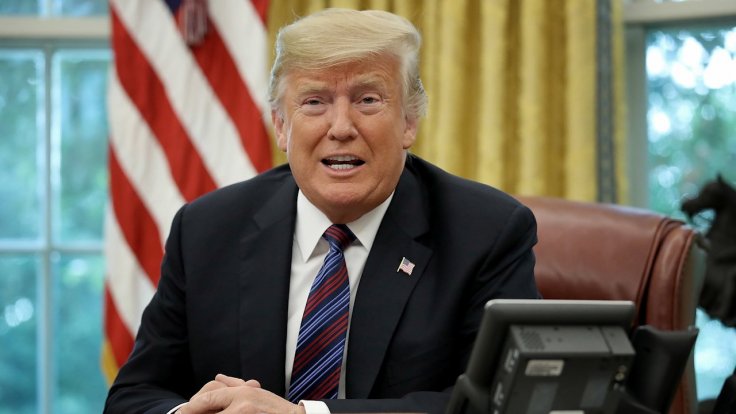
As China imposes tariffs of 25% on American-made cars, two U.S. automakers — Ford and Tesla — could see their business operations negatively impacted.
Ford currently exports its Lincoln MKC and Ford Explorer crossover vehicles to China. Despite Ford posting a loss in the Chinese markets, the car giant saw an improvement in the second quarter. Its automobile business in Asia's largest economy is struggling, as the company's auto sales fell 27% in the first six months of 2019 over the prior year.
The company is looking to avoid the tariffs by building in China some of its profitable models, such as its Lincoln-brand vehicles.
Tesla, on the other hand, is expected to double its exports to China from the U.S.
Tesla is currently building a Gigafactory 3 near Shanghai, which will help the company dodge the tariffs, as the electric vehicles will be manufactured on Chinese soil by the end of the year.
Teslas have become wildly popular in China, with Tesla CEO Elon Musk saying as far back as 2014 that "Long-term we might sell more cars in China than the U.S., just because the Chinese market is so huge."
Although China has been criticized for its environmental standards, the government is looking to electric vehicles as a way to allow its large population to reduce carbon dioxide emissions and move away from fossil fuels.
China imported 190,118 U.S. vehicles in 2018, a decrease of 35% from the previous year.
President Trump announced Friday that he wants to "order" all American companies to pull out of China. The move could hurt both Ford and Tesla, but it's unsure whether the president has the authority to implement such a rule.
Trump has stated that the International Economic Emergency Powers Act of 1977 would give him the authority to carry out the order, but it's likely that it would wind up in the courts, creating uncertainty for the markets and U.S. companies in China.
For all of the Fake News Reporters that don’t have a clue as to what the law is relative to Presidential powers, China, etc., try looking at the Emergency Economic Powers Act of 1977. Case closed!
— Donald J. Trump (@realDonaldTrump) August 24, 2019
This article was first published in IBTimes US. Permission required for reproduction.









